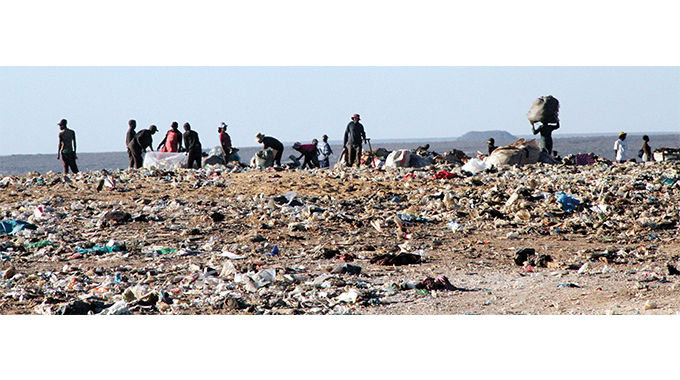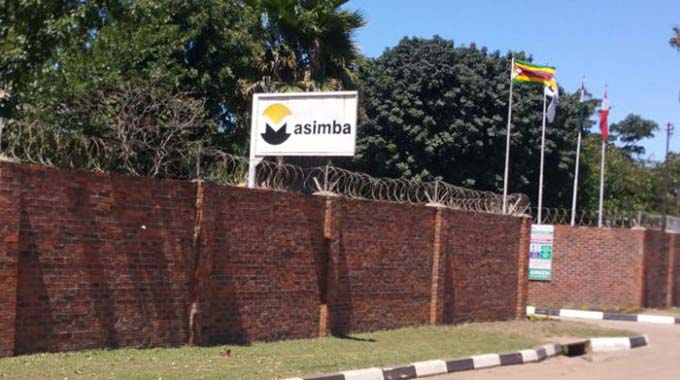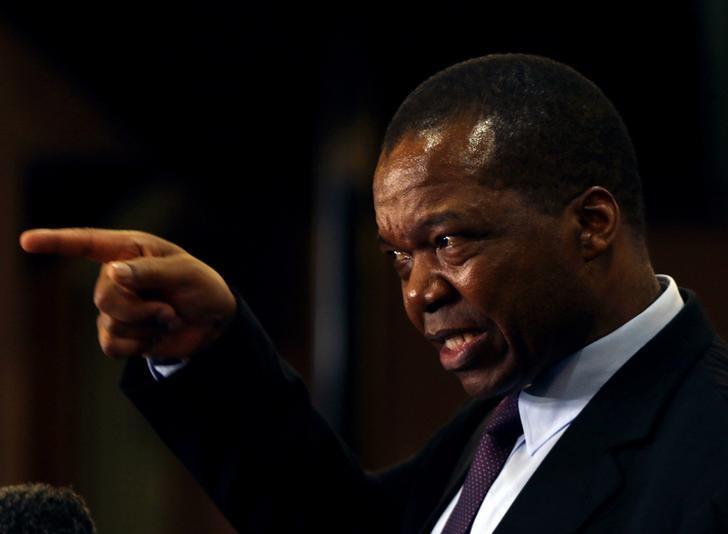‘Interest rates will go up if businesses misbehave’
The Monetary Authorities will not hesitate to increase lending rates again if businesses revert to financial markets indiscipline that last year fueled high inflation and exchange rate instability, according to Reserve Bank of Zimbabwe governor, Dr John Mangudya.
The RBZ hiked bank policy rate from 80 to 200 percent last year to discourage speculative borrowing, which was partly blamed for driving exchange rate volatility and inflation resurgence.
Following the above together with other interventions by Treasury that include the value for money audits, the exchange rate and inflationary pressures have stabilised.
It is against this background that in the 2023 monetary policy statement presented last week, the Central Bank reduced its bank policy rate to 150 percent from 200 percent per annum for corporates and 75 percent from 100 percent for individuals, highlighting that the adjustment to policy rates is aligned to positive inflation developments.
Speaking during the Confederation of Zimbabwe Industries (CZI) 2023 Annual Economic and Business Outlook Symposium in Harare on Wednesday, Mangudya said their major focus area as the monetary authority is stability of currency and inflation.
In this context, he noted the RBZ would do all it takes to ensure stability prevails in the economy.
“When we are talking of stability, we are talking of stability in terms of prices, so we are going to do all it takes to maintain stability. Those people who say we can’t plan because of instability, we have had stability since July last year and we are going to continue with that trajectory.
“If it means putting some weights to ensure that stability maintains, we’ll do so. If it means increasing again the interest rate much higher than what was, we shall do so,” he said.
Zimbabwe’s inflation is expected to continue declining buoyed by tight monetary position which saw the country’s annual rate of inflation dropping to 243,8 percent at the end of last year from 285,1 percent in August 2022 to the current 229,8 percent.
The month-on-month rate tumbled down to 2,4 percent last December from 30,7 percent in July 2022 and to the current 1,1 percent.
Fiscal and monetary authorities have set a month-on-month inflation target range of between 1 percent and 3 percent while annual inflation is projected at between 30 percent and 60 percent by the end of the year.
Prior to the downward review of interest rates, industry and commerce raised concern that the increase in interest rates had created a shock in the economy in terms of price adjustment by businesses that had borrowed in local currency, as they needed to pass on the increase to consumers to avoid loses.
The policy also eliminated borrowing in Zimbabwe dollar as a way of finance and limited industry expansion prospects.
In a separate interview, CZI president Kurai Matsheza, said his interpretation of Dr Mangudya’s sentiments is: My interpretation of his sentiments is that he is just saying we are really determined to fight inflation.
“But should other fundamentals move in such a way that they force interest rates to go up, the rates will be increased again. When you look at the variables that affect the interest rates, they also determine the direction of inflation.”
He said in a number of cases inflation has been driven by exchange rate movement and together with other interventions, the Government has to control excess liquidity in the market as well as effectively and efficiently manage the value for money audits, this will see inflationary pressures sustainably receding.
Economist Professor Gift Mugano said speculative borrowing is bad for the economy as some people were borrowing to buy forex on the parallel market.
“Speculative borrowing is bad for the economy and obviously it’s within the realm of the monetary authority to foster price stability. One of the instrument they must use is interest rates.
“So, if there is a business case that the loans are being taken for trading on the black market, the Reserve Bank has to raise the interest rates,” he said.
“The only challenge that is there is that we have got a mixed bag where there will be some culprits which will be participating on the black market, but there are also some companies which will be borrowing genuinely for productive purposes.
“You then see that they (companies borrowing for productive purposes) suffer the consequences of the bad apples.”
In that case, he said, the challenge is that the RBZ has no mechanism of separating good apples from bad apples and thus he advised the businesses to practice moral hazards and conduct their activities responsibly to avoid inviting the monetary authority to react.
Mugano said it should also be understood that the issue of money supply growth is also an issue that drive the exchange rate.
“My advice to the Central Bank is that they must also look at the major drivers of exchange rate spiral. One area is excess liquidity, it’s not printing of money but excess liquidity from the fiscus. Our budget when we are paying contractors and service providers, sometimes we pay at a go; we should pay regularly so that the contractors and service providers don’t have to pay them all at once for the purposes of managing excess liquidity.
“For example, in December a lot of money was put in the market by clearing of payments at a go and the exchange rate ran away. The Central Bank should advice the Government to manage the payments.”-ebusinesweekly










